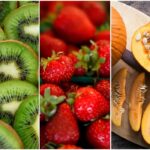
Do Your Body a Favor: The Healthiest Foods You Can Eat
These days we’re facing a new reality of self-isolation and social distancing, where we’re required to stay home for who-knows-how-long. This new situation makes it even harder to stay in shape and maintain a healthy lifestyle, since we can’t jog, swim or go to the gym, and exercising at home is a new challenge. That’s what we’re here for, with this list of the healthiest foods you can eat (most of them you surely have dusting in your pantry) to help you maintain a healthy diet, even during these uncertain times.
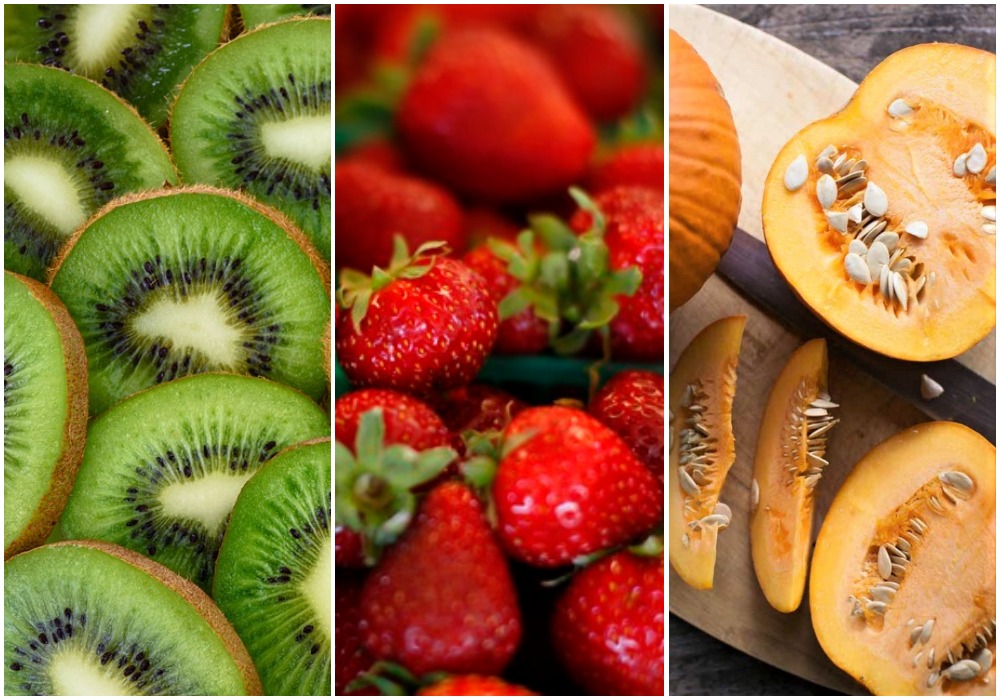
33. Peanut Butter
This refers to natural peanut butter, in case you had any doubt, and not the ones that contain more sugar than peanut butter (tip: check the back of the jar to see the amount of sugar – the less the better). You’ll see peanuts at the top of this list, but peanuts is their better form, which kids can also enjoy – the glorious peanut butter – is also incredibly healthy. We always hear there are good and bad fats, and peanut are a great example for a natural product that contains good fats (much like avocados, also to be found on this list).
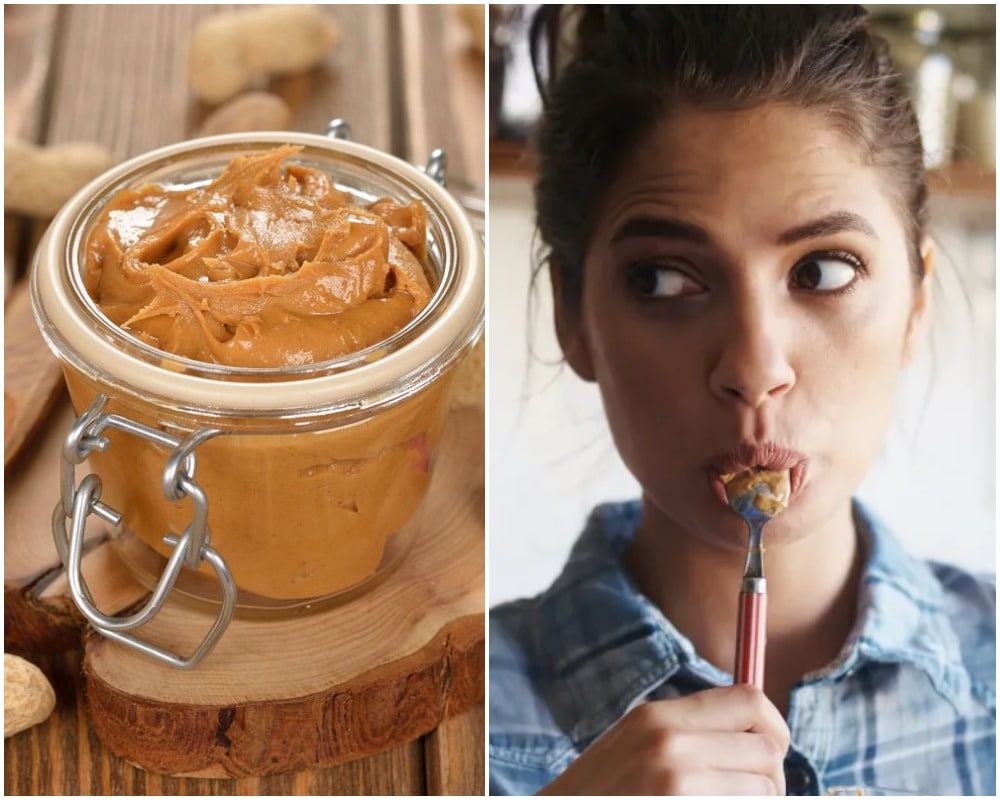
Aside from being rich in good fats, which is good four our hearts, peanut butter is also high in fiber and other essential nutrients, such as potassium and protein. On the whole, the health benefits of peanut butter mostly helps our bodies maintain low blood pressure and reduce the risk of high blood pressure, which reduces the risk of heart disease. However, it’s important to keep in mind that everything is good provided it’s consumed in moderation, and again, remember this refers only to natural peanut butter.
32. Pumpkin
Halloween might be over, but hopefully, you have some pumpkins left lying around in the house. We always hear how fiber is good for us (you’ll see it appears in almost every food product on the list), and pumpkin contains a lot of it. Fiber is a good source of nutrient that promotes gut activity, aka improves digestion. Since pumpkins are rich in fiber, they are good for digestion, and make us feel full for a relatively long time.
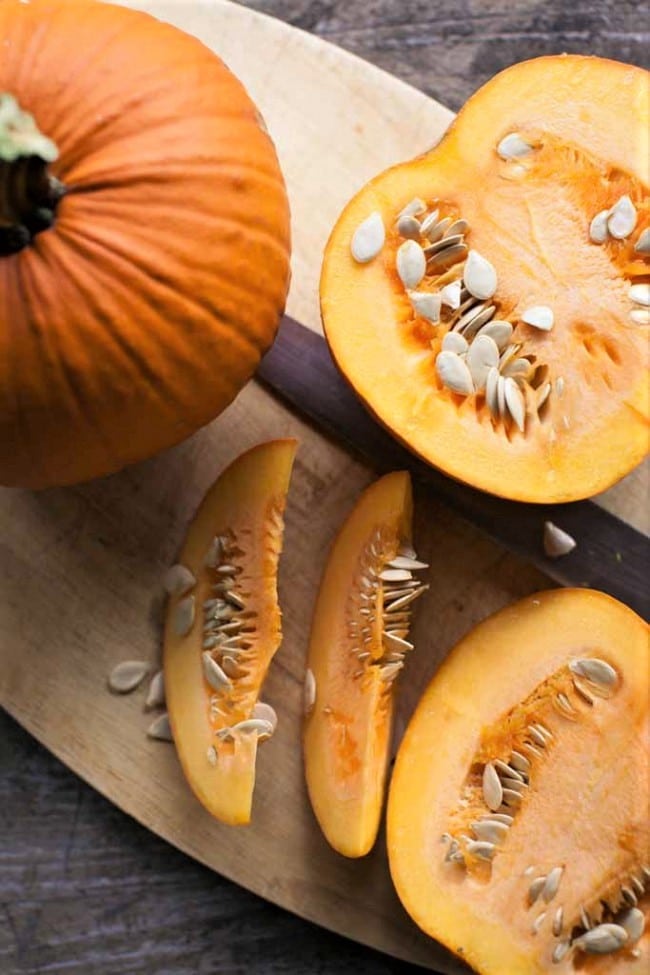
Pumpkin isn’t jut good for your digestion, but your heart as well. Among its many health benefits, pumpkin contains high amounts of antioxidants and potassium, which are both important for maintaining low blood pressure, which in turn reduces risk of heart conditions. Specifically, this pertains to the pumpkin’s seeds, wish some people mistakenly refrain from eating. Pumpkin seeds contain some of the squash’ most important nutrients, so eating only the seeds (adding them to a smoothie, or a salad, for example) is also a good option.
31. Kiwi
We’re starting you off with the best one, to get your attention, because who doesn’t love kiwi? Kiwis are healthy as they are tasty; they are full of important nutrients, such as vitamin C, vitamin K and vitamin E (all usually found in fruits rather than other products), and they are also a great source of antioxidants and fiber. Not many people know this, but the fuzzy peel of the kiwi is also edible, and much like the case with other fruits and vegetables, it contains some of the fruit’s nutrients.
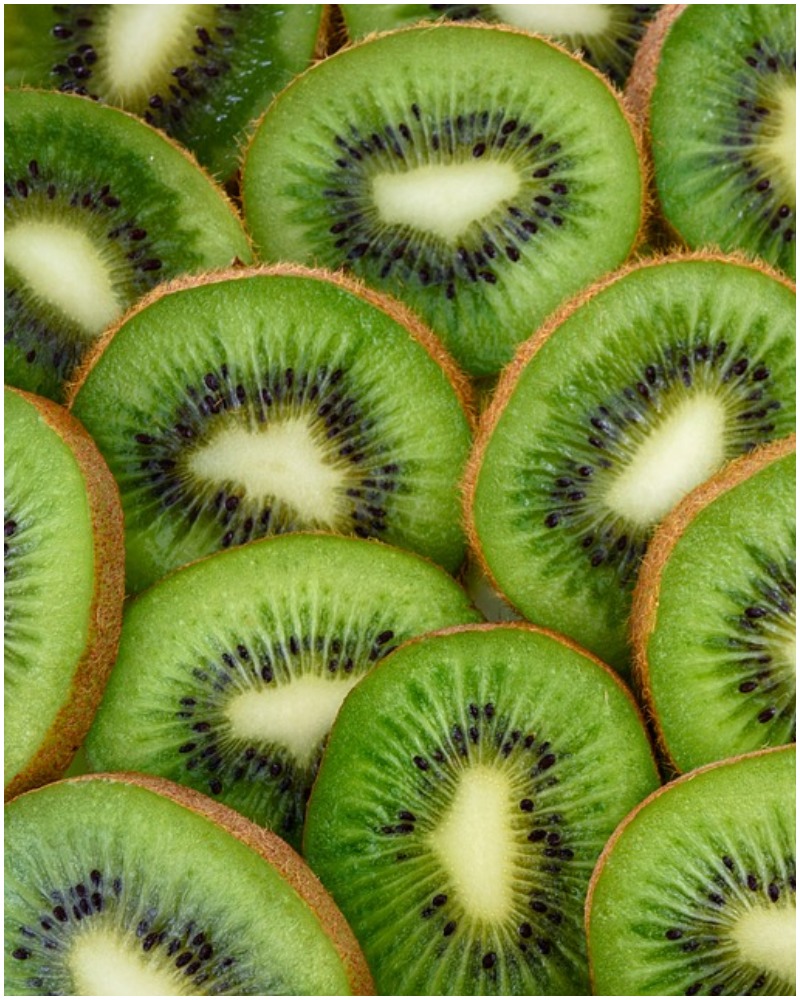
The small, green vegetable is rich in taste as it is in nutrients, and it’s high amounts of vitamin C, for example, can improve our immune system. You know how orange juice is rerecorded when you have a cold or the flu? The vitamins contained in kiwi have the same effect on our bodies.
30. Mushrooms
Mushrooms don’t sound too tempting, and they don’t always look too appealing, and some people might argue they are an acquired taste (which is hard to argue with), but once you learn to love them, and given you cook them properly, they can be both tasty and surprisingly healthy. Different types of mushrooms, naturally, contain different amounts of nutrients, but overall, most contain rather high amount of fiber, protein and vitamins, namely vitamin B and vitamin D.
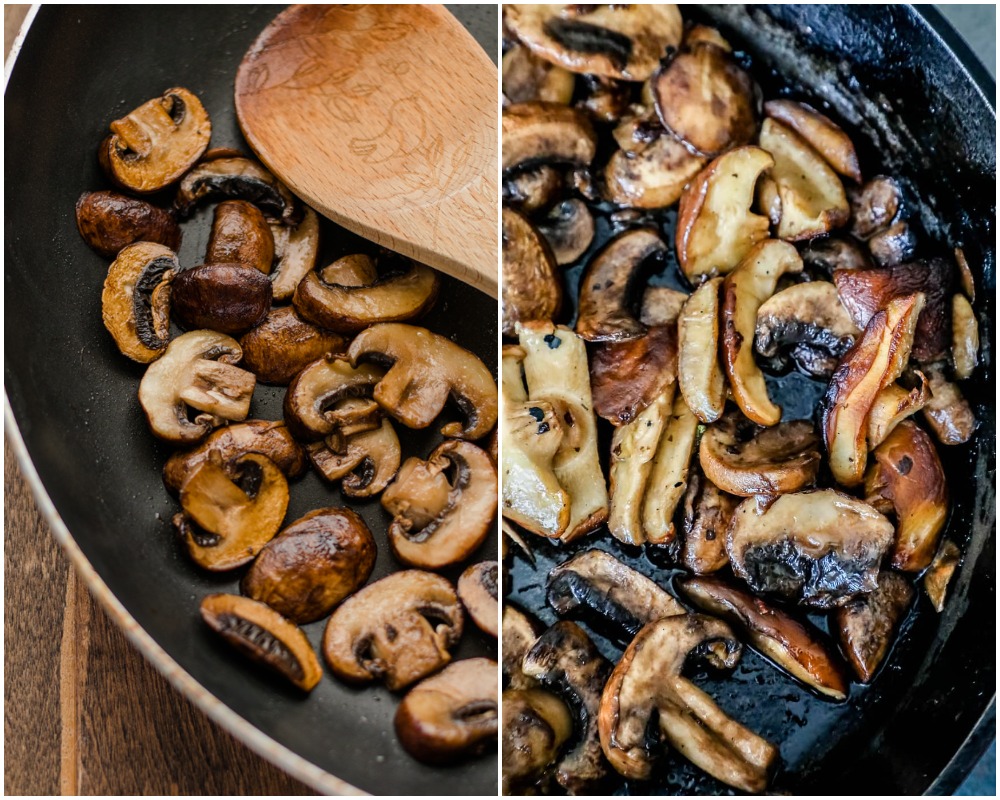
Mushrooms are a particularly good choice for vegans and vegetarians, who don’t have chicken and meat as sources of protein. Mushrooms are a very popular meat-replacement, both thanks to its richness in protein and fiber, and thanks to its earthy, meaty taste and texture. They are also rich in antioxidants, which can prevent, or at least decrease, cell-damage.
29. Dark chocolate
That’s right folks, dark chocolate is actually good for you (in moderation, of course, like anything else) – how long have you been waiting for someone to tell you that? Healthy food isn’t necessarily exclusively fruits and vegetables, but, quite surprisingly, also chocolate. Chocolate, and specifically dark chocolate (at least 70% cacao) contains minerals, vitamins and iron. Dark chocolate also contains protein that energizes our body.
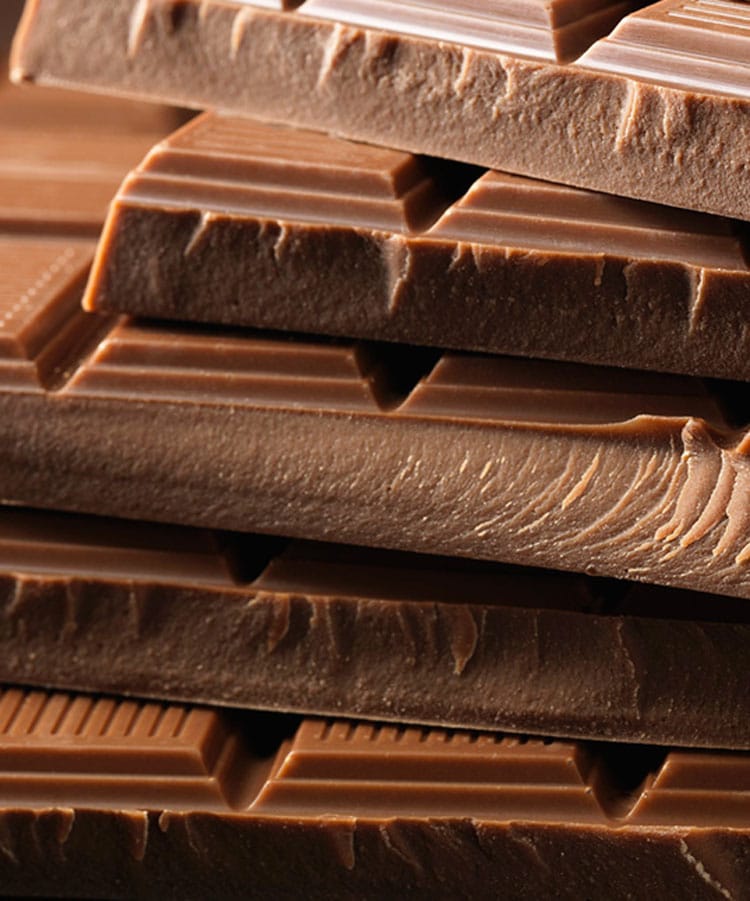
But you’ve heard nothing yet. Dark chocolate has another, relatively secret benefit, which is cough-prevention. That’s right, dark chocolate can perform as cough medicine, according to a study done in Hull University by a medicine expert. According to the research, chocolate forms a sticky coat in our throats, that provides protection for the nerve endings that cause us to cough. This applies, however, only to pieces of chocolate (and not, say, liquid chocolate), and the darker the better!
28. Quinoa
A few years back, someone invented the term “superfood” to encourage us to consume healthier food products, and it worked – people like having the tag “superfood” on what they eat, and it is a great way of making people maintain a healthier diet. Quinoa is one of those super foods, thanks to its many nutritious benefits, such as its high amounts of protein and fiber.
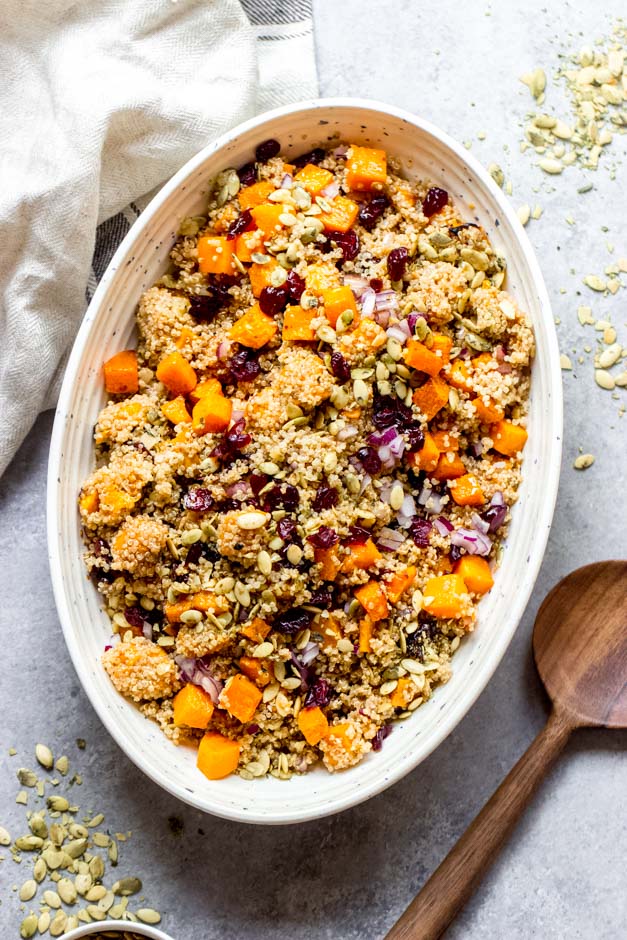
We keep hearing how protein and fiber are good for us, but most of us don’t really know why. Well, protein and fiber are two essential nutrients since they help our bodies to grow and provide us with energy. That’s why often athletes consume a lot of protein-based powders, liquids and other natural as well as artificial sources of protein. Quinoa is a great natural source for protein and other nutrients, and so it’s recommended for athletes and everyone else.
27. Spinach
Did you ever wonder how come spinach is Popeye’s secret for gaining strength? The magical green vegetable is incredibly healthy, and though many people might disagree, it’s also tasty. While it’s almost impossible to find fruits and vegetables that don’t contain any sugar, spinach boasts rather low amounts of sugar, which is part of what makes it one of the healthiest choices of vegetables.
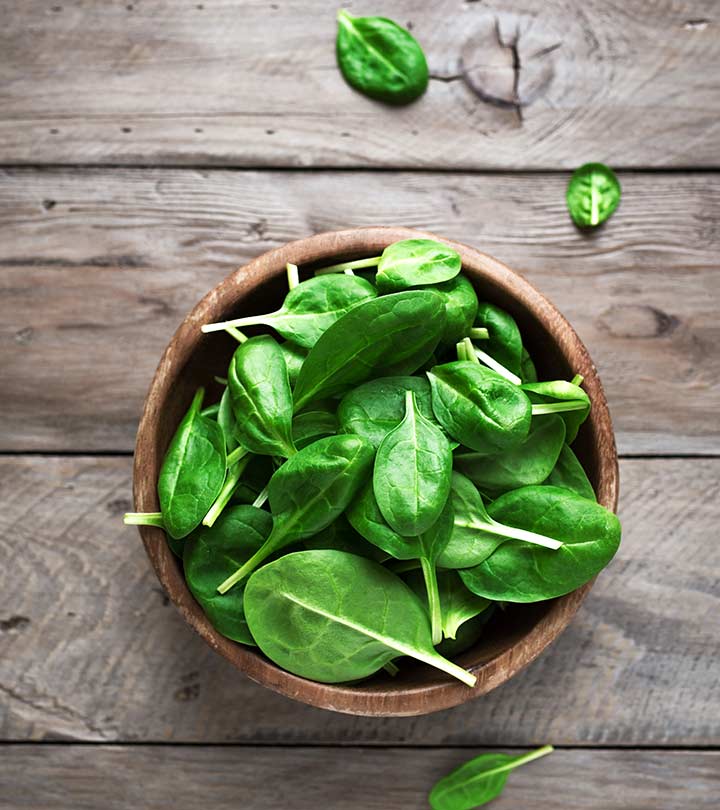
Spinach isn’t just low in sugar, but it’s rich in important nutrients, such as fiber and protein. It’s rather high in carbs, but these are good carbs, since they consist mostly of fiber. All green vegetables are good for us, for spinach is the best of them all. It’s also rich in water, which makes it hydrating and important for the hot months of summer, as well as the cold months of winter when we forget to drink. I don’t think we need to sell you spinach more than we have, do you?
26. Apples
An apple a day keeps the doctor away is not just something your parents told you as a child to get you to eat more fruits! Apples are indeed one of the healthiest foods you can eat, and they contain almost no fat, which means you can eat them without gaining weight.
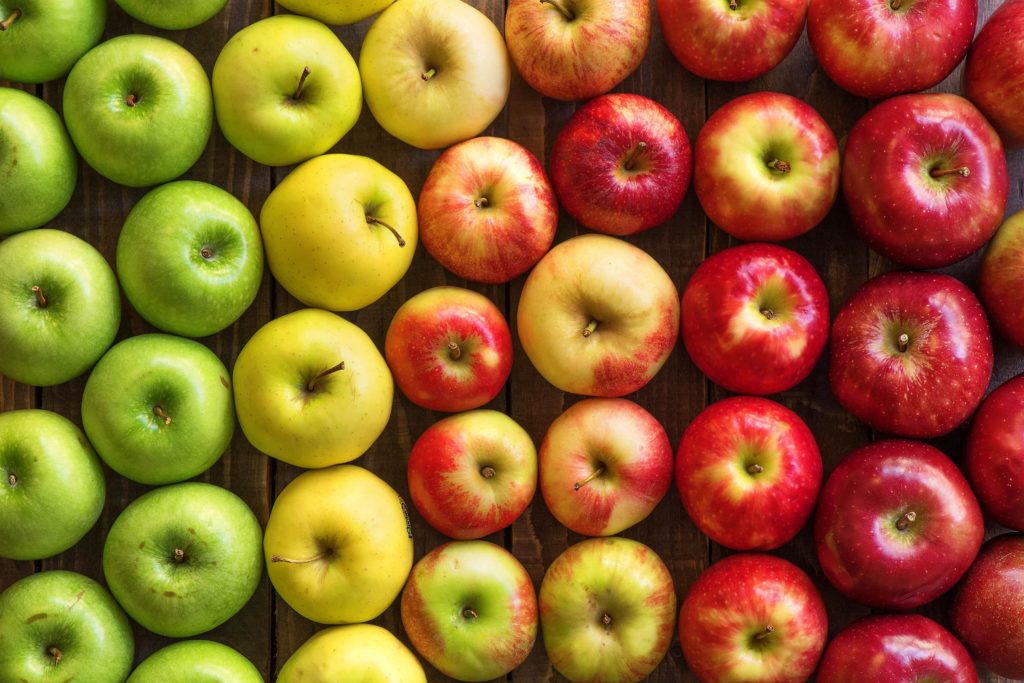
Apples contain a lot of food energy, such as fiber, vitamin c. and antioxidants. These are fancy names and they sound pretty convincing, but not all of us know what antioxidants are and why are they good for us – that’s what we’re here for! We have in our bodies damaging substances called free radicals, which cause undesirable changes in our body; the antioxidants help to combat these free radicals.
25. Fish
Fish is one of the best sources of protein and vitamins, particularly omega-3 and vitamin D. Specifically, as strange as it may sound, fat fish are the best sources of nutrients: they contain oils that are known to provide benefits for the heart, and are a great option for people in the risk of heart diseases. Studies have found that people who eat fish regularly are at a lower risk of suffering a heart attack.

Yes, there is such things as healthy fats; after all, we need to have all the major food groups, and the includes fats. But that’s not all – it was also found that fish are good for improving your cognitive skills and memory. To top it off, fish are lean and low in calories – so there’s really no reason not to eat them! The best fat fish are salmon, tuna, herring and mackerel.
24. Legumes
Legumes are incredibly high in nutrition and provide a great source healthy fiber and protein – which makes them a perfect replacement of meat or fish, for the vegetarians among us. They are loaded in protein, fiber, iron and vitamins, specifically B1, B3, B5 and B6. The names might mean nothing to you, but these are some important vitamins!
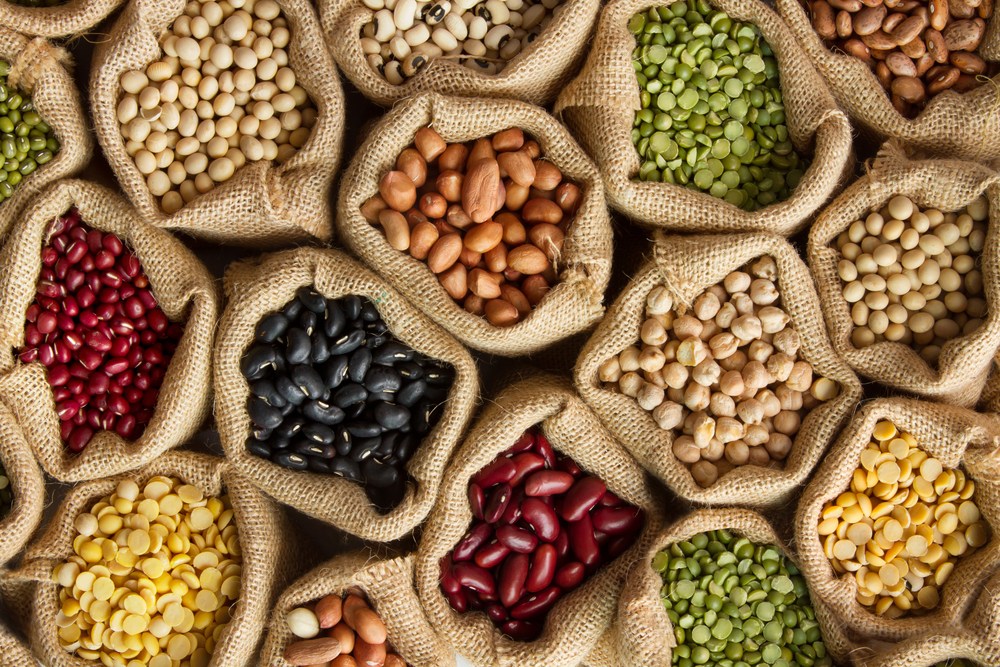
Common legumes include different kinds of lentils, beans, peas, chickpeas and soybeans. Legumes are not just nutritious, but are extremely satisfying. There are plenty of different ways to eat them, and so you can eat legumes every day without getting bored of it.
23. Oatmeal
Let us begin with the most important fact: oats are a gluten-free whole grain. Consider changing your breakfast from a bowl of cereal, which is packed with sugar, to a bowl of oats: they are a great source of fiber, minerals, vitamins and antioxidants, and at the same time – low in calories! It doesn’t get any better than that.
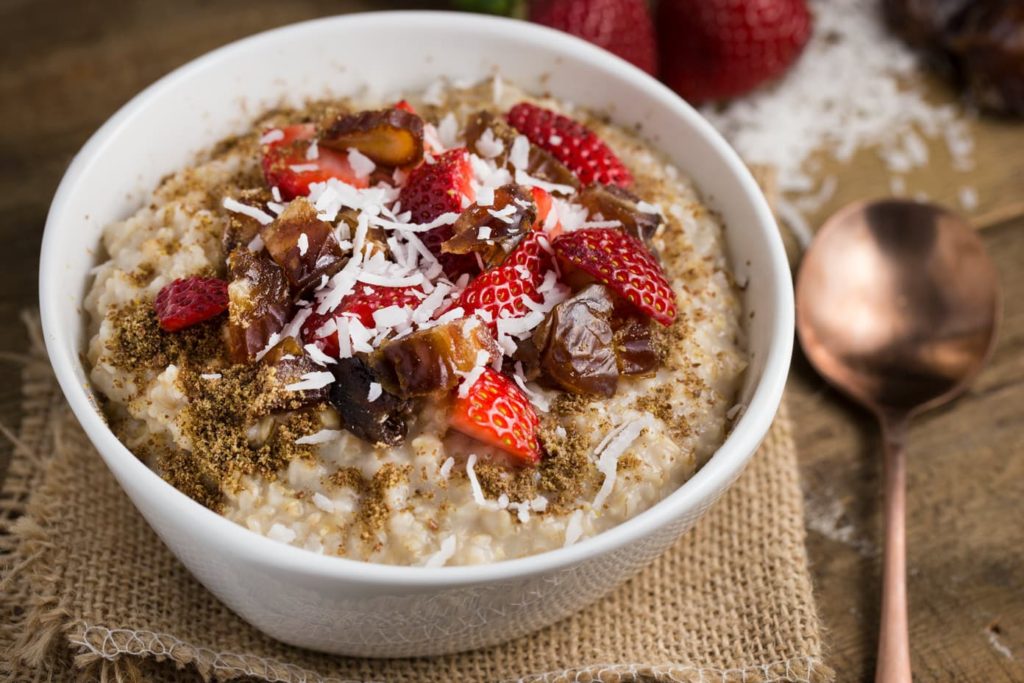
Studies have found that eating oats can lower the risk of suffering from heart disease, as it reduces the levels of blood cholesterol. Oatmeal has always been around, but in the past 20 years it gained popularity, as awareness of its many health benefits was significantly raised. Combined with a low-fat diet (as detailed in this article), it can do magic to your body!
22. Avocado
Avocado is another example of a food that contains healthy fats. Much like fish, it also provides vitamins and omega-3. Because avocados are packed with healthy fats, it keeps you full and satisfied for a long time.There are plenty of dishes to prepare with avocados, and we here that there’s even a cookbook dedicated purely to the green plant.
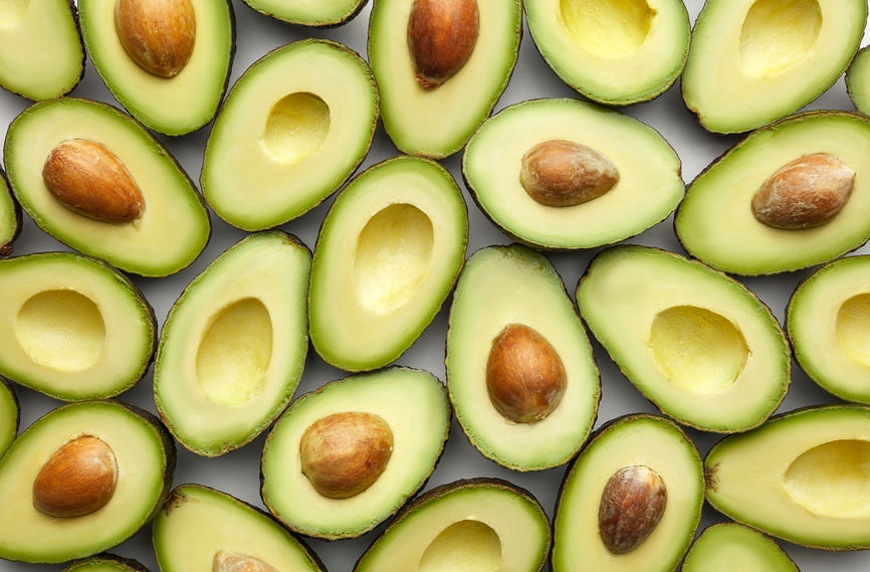
Last but not least, avocados are incredibly photogenic. Since awareness of the health benefits of avocados was raised, their popularity was accordingly raised, and with the Instagram culture that is here to stay, they have somehow become the biggest stars of social media.
21. Broth based soups
If you ever traveled to South East Asia, you probably noticed they eat soup for breakfast, lunch and dinner, and they are incredibly thin. What’s their secret, you wonder? The answer is broth-based soups. Their diet is comprised mostly of rice, clear soups and vegetables – and you can’t go wrong with that.
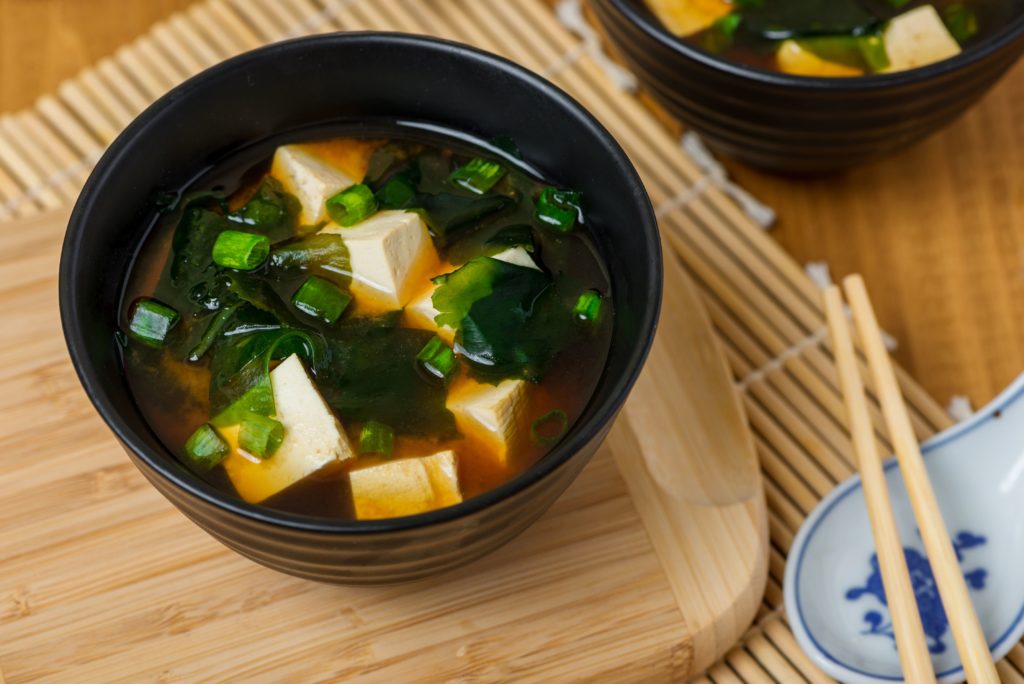
Broth based soups are incredibly low in fat, but rich in zinc, fatty acids, minerals and vitamins. They are good for lowering risk of heart disease, but here’s something we haven’t heard yet – broth-based soups are exceptionally good for your digestion. If your stomach is sensitive, broth-based soups are known to improve digestion, and so they are a perfect choice for dinner, lunch or even breakfast, if you keep your mind open.
20. Coconut oil
Coconuts and coconut oil in particular don’t just smell and taste good, but they are extremely healthy for us. You’ve probably heard of the hundreds of original uses people find for coconut oil – such as hair mask, face mask, skin mask and whatnot, but the best thing you can do with coconut is actually eat it.
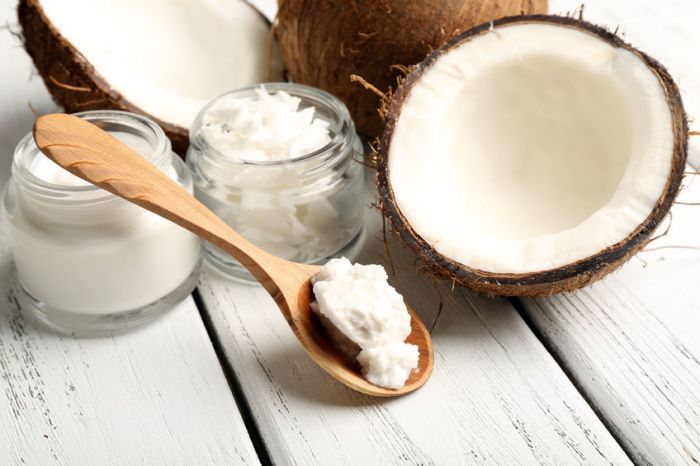
Using coconut oil in your food has some surprising health benefits. What makes coconut oil so healthy is that it’s rich in healthy fats and fiber. However, it’s important to keep in mind that while healthy fat is good for you, there’s also such a thing as too much fat, and you don’t want that either. So, moderation is key here.
19. Popcorn
Finally, something good on the list! With all due respect to avocados and apples, they don’t really make for a good movie snack. You might find it hard to believe, but this isn’t a mistake – popcorn really does belong on this list. Provided that it’s not extremely salted nor contains any added ingredients (such as butter), in its natural state popcorn is an ultimate snack for people watching their weight.
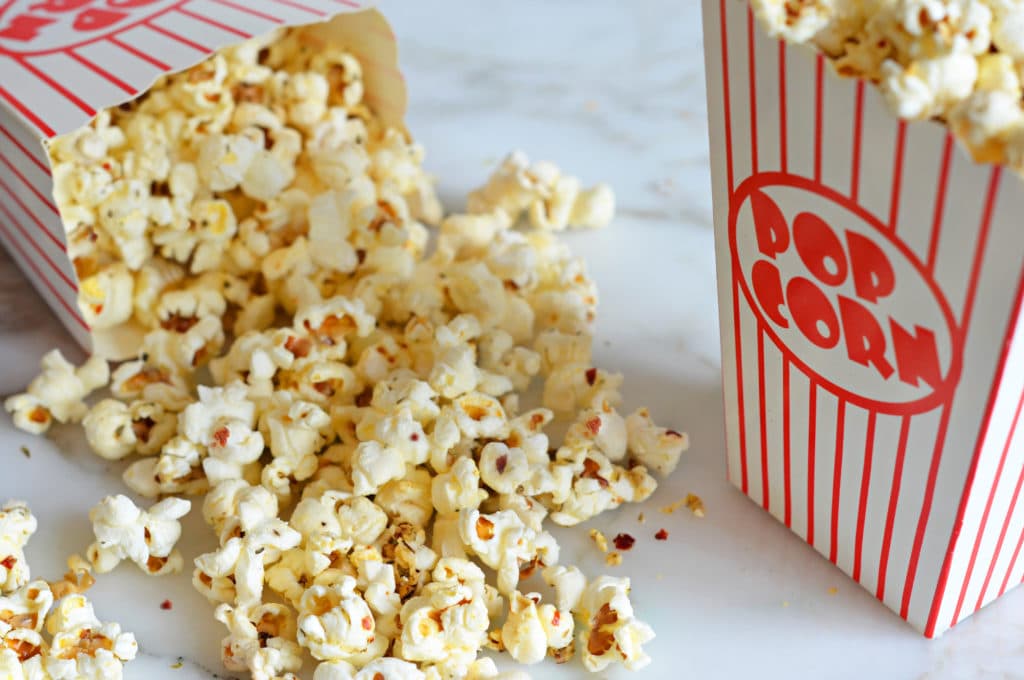
Popped corn seeds, otherwise known as popcorn, are surprisingly low in fat and calories. Corn is whole grain, so it covers your daily amount of grain consumption, and it’s rich in vitamins and minerals such as zinc and calcium. However, to our dismay, this doesn’t apply to movie-theaters popcorn, as it tends to be packed with salt and butter.
18. Beetroot
Beetroot is an acquired taste, and many of us don’t like it, but those who do are in luck, because it’s one of the healthiest foods you can eat. What’s special about beetroot is that the dietary nitrates it contains have been found to enhance athletic performance, and that’s the reason why you hear of athletes eating (or drinking) beetroot all the time.
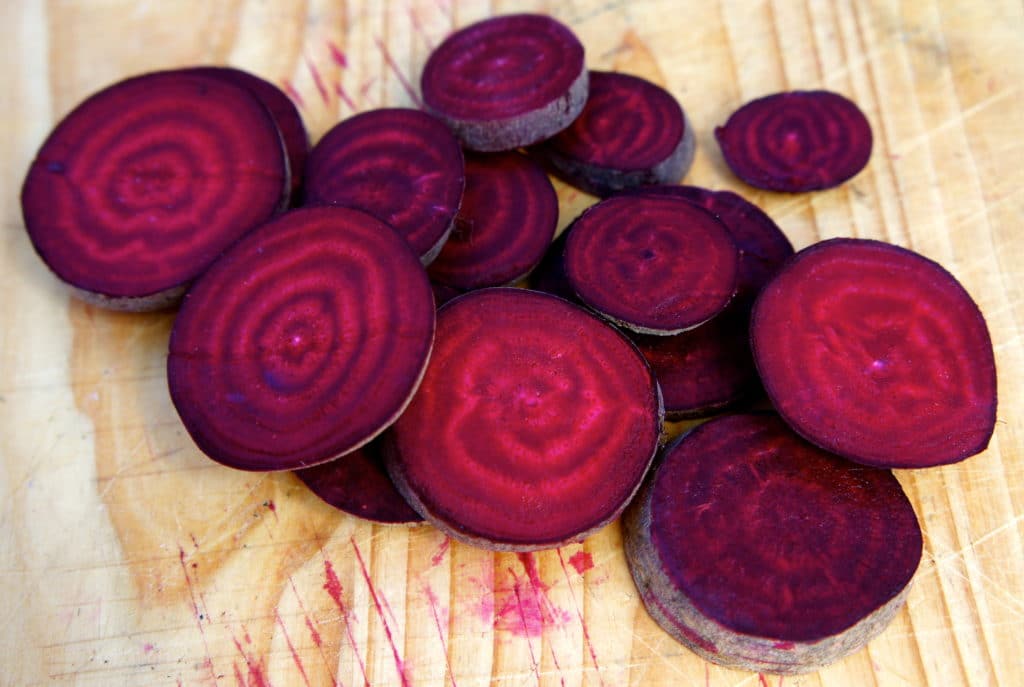
Studies have found that beetroot can help reduce risk of heart disease, as it keeps your cholesterol under control and your blood pressure in check! Beets have a bad reputation for some reason, but don’t shy away from them – It can be a great addition to your meal or to your morning shake, if you’re a shake person.
17. Algae
We’re back to the Asian cuisine, because they know how to keep it healthy! We’re referring to the edible kind of algae, mostly seaweed – and not the kind that grows on top of ponds or at the bottom of pools. Algae isn’t just incredibly nutritious, but it can actually create positive changes in your body, such as replacing dysfunctional cells.
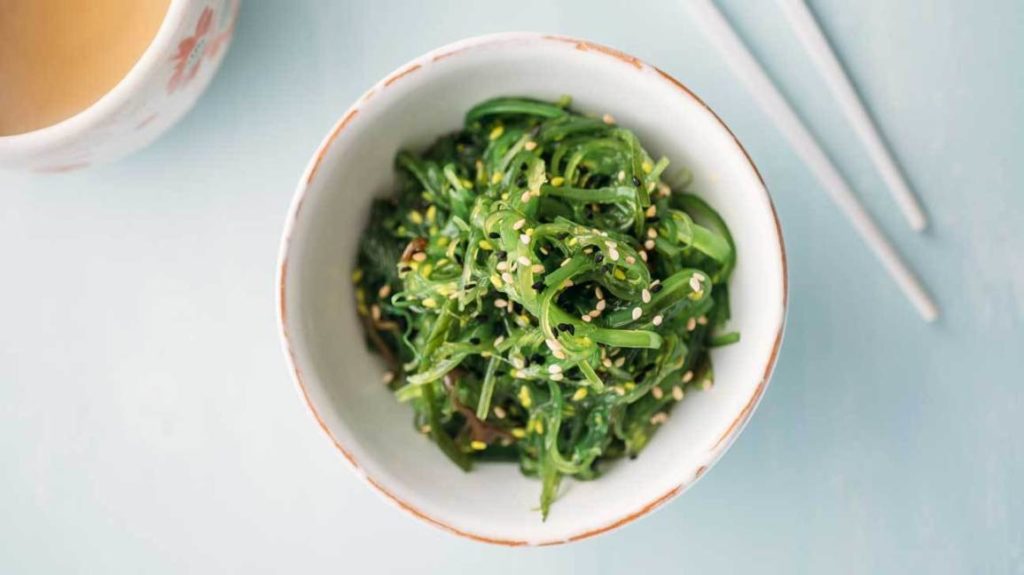
Studies show that algae stimulates the natural healing, regeneration and repair of your body. And to the boring part – like any other healthy food, it contains vitamins, protein and iron – which are all needed to strengthen your body and immune system.
16. Pineapple
Okay, so everyone knows about the health benefits of apples or oats, but here’s another delicious food you probably didn’t expect to find on this list: Pineapple. The tropical fruit contains a crucial amount of nutrients, including vitamins, fiber, protein and iron. They are also rich in antioxidants and contain enzymes that improve your digestion.

Not that you need another reason to eat more pineapple, but studies have found that the nutrients provided by pineapple can help reduce the risk of disease, such as arthritis, ans speed the body’s recovery after suffering injuries or surgery, or even an extraneous exercise.
15. Kale
And we’re back to the obvious: another green vegetables that’s good for your health. But unlike broccoli or green beans, kale only gained popularity in the past few years, when we discovered another surprisingly healthy ingredient that’s been right under our noses this whole time. Kale contains antioxidants, which we already established the importance of, vitamins and calcium.

The high amount of fiber and antioxidants in kale can help reduce the risk of disease, specifically diabetes and heart disease, as it lowers the blood glucose levels (the amount of sugar in your blood) – so kale is sort of the superman of foods, as it combats the enemies of our body. Seems like a good enough reason to start eating kale today.
14. Cottage cheese
As simple as it seems, cottage cheese is another one of the healthiest foods you should add to your diet. You may not know this, but cottage cheese is rich in protein, magnesium, potassium and vitamins, in just the right amount of each. Thus, cottage cheese can do wonders to your body: it improves your digestion, maintains blood cholesterol and sugar levels, and strengthens your teeth!
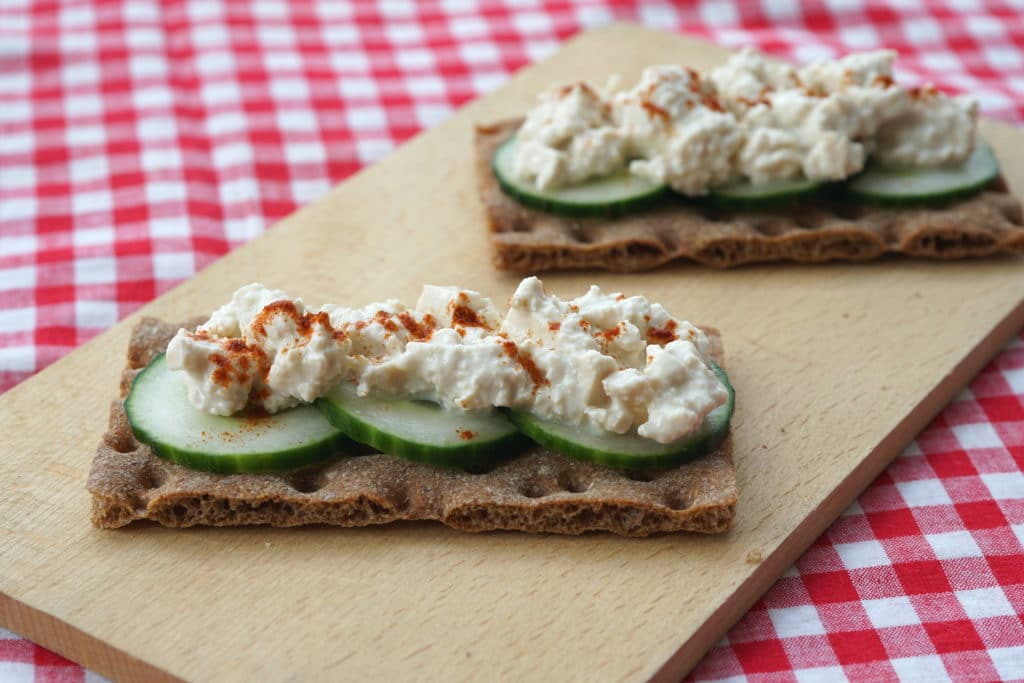
How can a simple thing such as cottage cheese do all those things? Cottage cheese also contains calcium, which is important for maintaining strong bones and teeth, and also strengthens your hair and fingernails. That’s why eating cottage cheese regularly is also a great way to keep your hair strong and lively.
13. Citrus Fruits
citrus fruits include mandarins, oranges, limes, lemons and grapefruit – they are so varied, that you can find them all year round. Really, there’s no excuse why not to eat them. A popular use for citrus fruits is making juice or shakes, and 3 percent of the citrus fruit in the world is used to squeeze juices!

You might know this about oranges, but all citrus fruits are rich in vitamins, particularly vitamin C, which strengthens our immune system – that’s why drinking fresh orange juice can perform as a natural remedy to avoid a cold or flu. It’s advised to eat or drink citrus fruit all year round, but especially when you’re feeling under the weather, as it strengthens your body.
12. Celery
Celery sticks with peanut butter are a great option for an afternoon snack that is both healthy and surprisingly delicious. Consider replacing the same old peanut better and jelly sandwich with this snack – and your body will thank you. Celery is one of the healthiest foods you can eat, as it is rich with vitamins, minerals and antioxidants and low in calories.
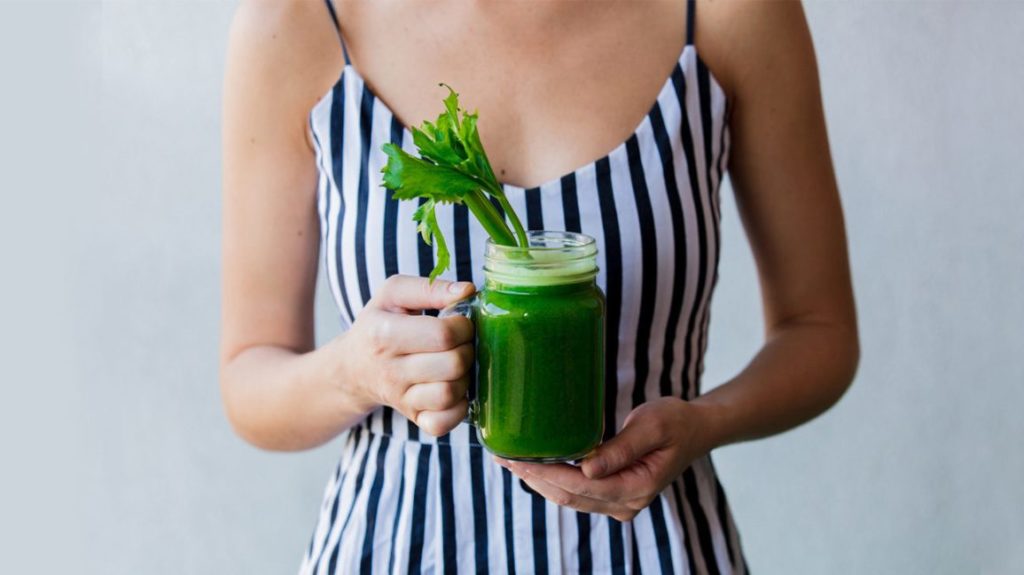
The reason it makes for a perfect snack after a big lunch is because celery also improves your digestion; in addition to antioxidants, it contains anti-inflammatory nutrients, which supports the digestion system. Since it’s comprised of mainly water, celery is good for maintaining a healthy digestive tract.
11. Cantaloupe
Cantaloupe is one underrated fruit. Unlike apples or oranges, no one really knows the many health benefits of cantaloupe – that’s what we’re here for! Much like celery, cantaloupe is comprised of a high amount of water, vitamins and minerals.
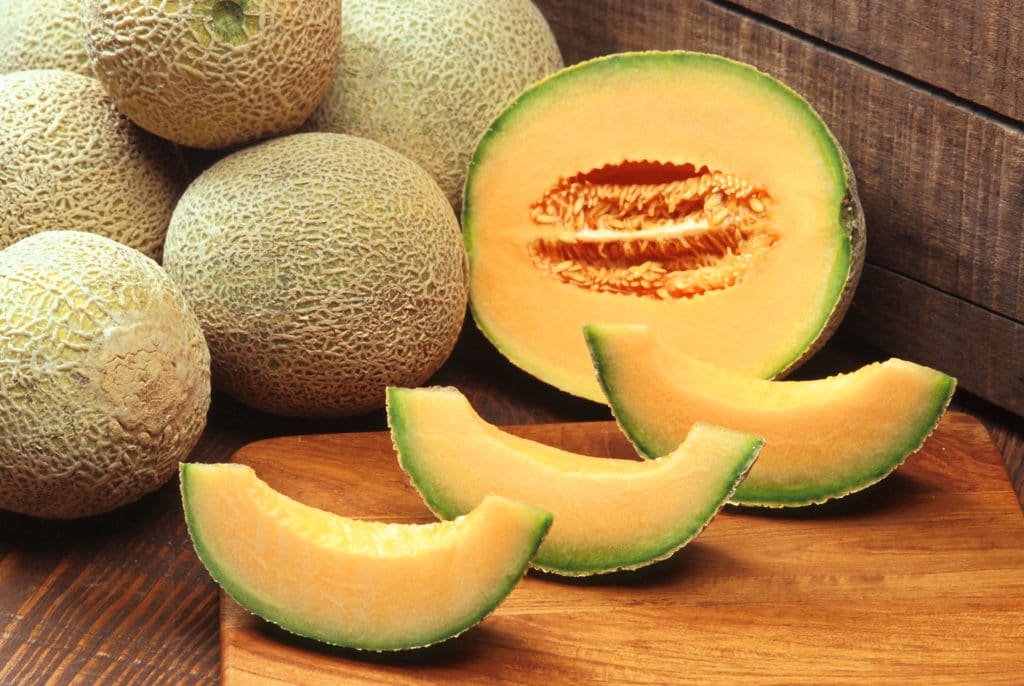
According to recent studies, the antioxidants contained in a cantaloupe can improve your vision and lower the risk of having your vision deteriorated at old age. But wait, that’s not all – studies have found that the antioxidants found in a cantaloupe can reduce the risk of developing asthma. Seeing as eating cantaloupe now can help you in the future, there’s no better time to start.
10. Cucumber
Cucumber is something you can find in any cuisine, anywhere in the world. It’s perhaps the most common garden vegetable, and it’s as healthy as it is simple. The lean vegetable contains in it more vitamins and minerals than you probably imagined. First off, since cucumbers are 95 percent water (we all know that), eating cucumbers can keep you hydrated.
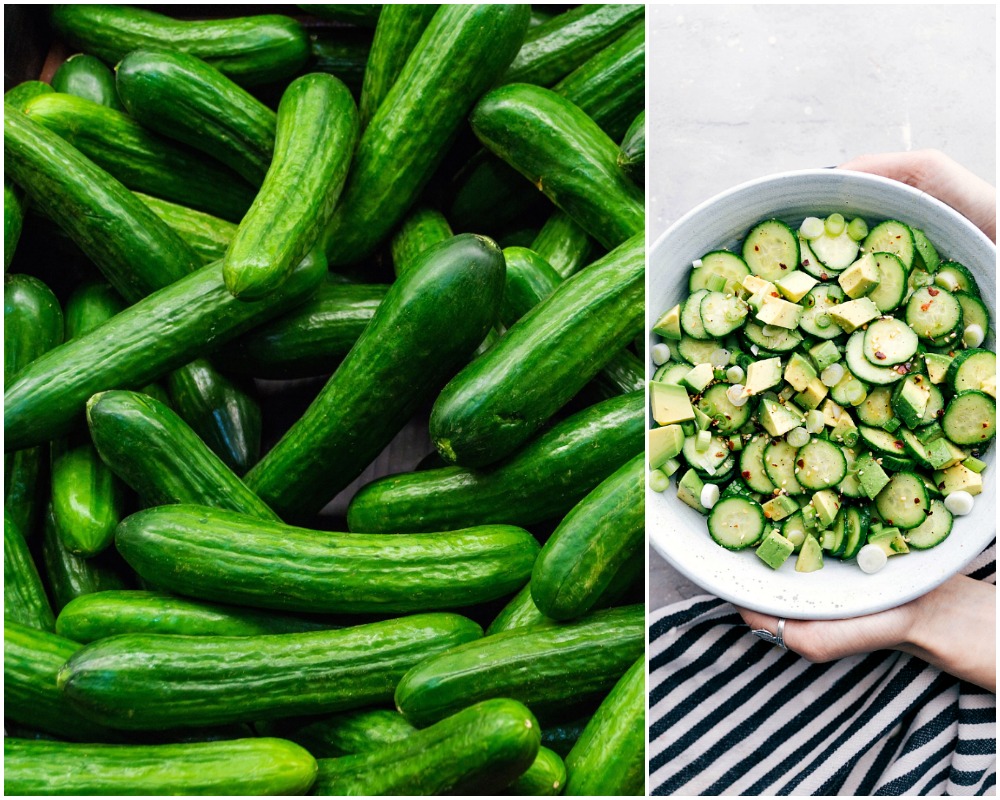
The different vitamins contained in cucumbers can help improve your vision (no, it’s not just carrots), your immune system and your blood pressure – all that in the simple green vegetable that we all have in our kitchen. It is important, though, to peel the cucumber or make sure to wash it carefully.
9. Berries
Berries of any kind aren’t just beautiful and delicious, they are also high in fiber, vitamins and potassium, which makes them super healthy. Much like cucumbers or cantaloupe, berries can help combat disease such as age-related blindness, heart disease and even cancer. Studies have shown that pterostilbene, a nutrient found in abundance in berries, may help protect your body from colon cancer.
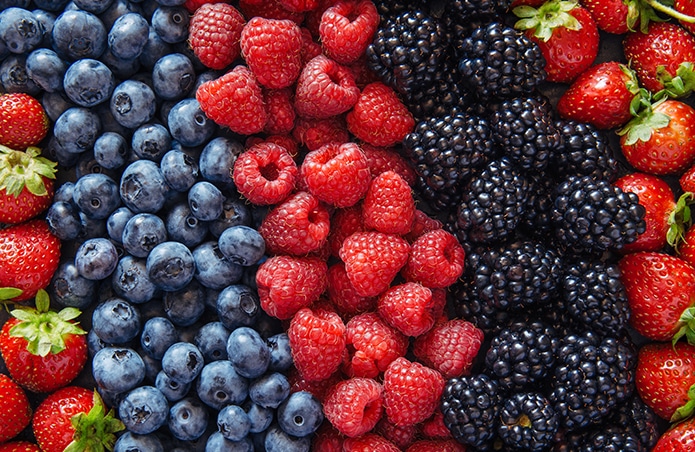
Of course, this should all be taken with a grain of salt – berries and other fruits and vegetables aren’t magical remedies of disease, but eating them regularly in a balanced diet can certainly help reduce risk of such disease. Berries can be easily integrated into your diet in the morning with a bowl of oats or yogurt, in a shake as an afternoon snack, or just have them as they are, any time of day.
8. Nuts
Try not to go nuts when you hear this, but nuts of almost all kinds are one of the healthiest things you can eat. Almonds, cashews, walnuts, hazelnuts, pecans and even peanuts – they each contain different nutrients that are necessary to maintain a healthy body. Almonds are rich in calcium, cashews are high in iron, walnuts contain omega-3 and antioxidants, hazelnuts are rich in magnesium and vitamins, and pecans contain healthy fats.
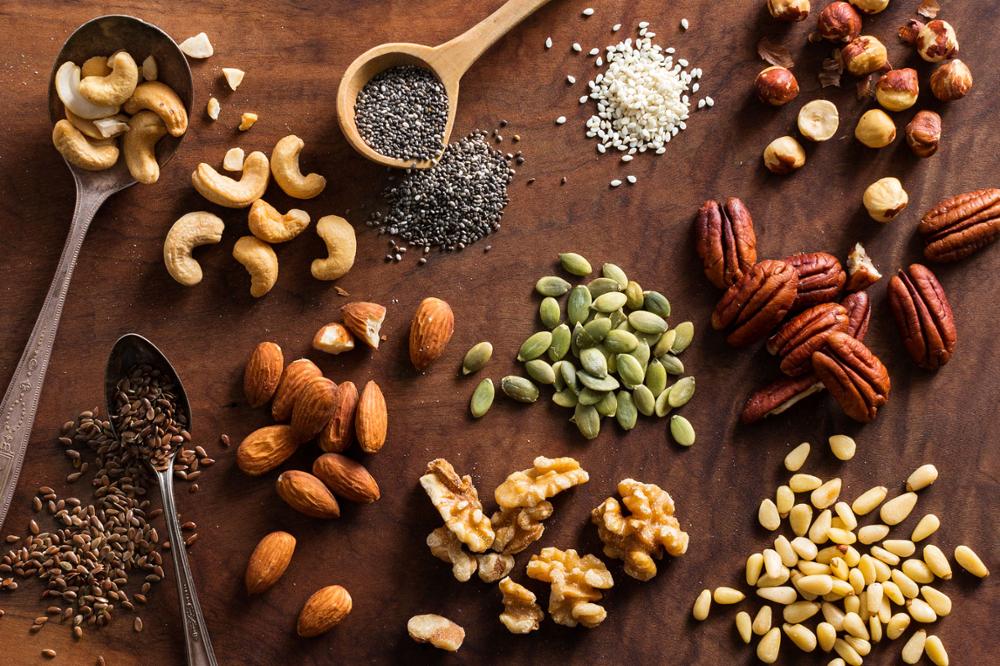
Though they are rather high in calories (compared to other foods on the list, that is), nuts are still incredibly nutritious – in moderation. They are a perfect snack especially for the vegans out there, as they contain iron and protein, which are usually consumed through meat products, so they provide the ultimate replacement of meat for vegans and vegetarians.
7. Chia seeds
Let’s start with the question we’re all wondering but are too embarrassed to ask: what are chia seeds? We hear so much about them lately, as they are covering almost every dish on our Instagram feed and in coffee shops, but how many of us really knows what they are produced from? Chia seeds are the edible seeds of a plant from the mint family.
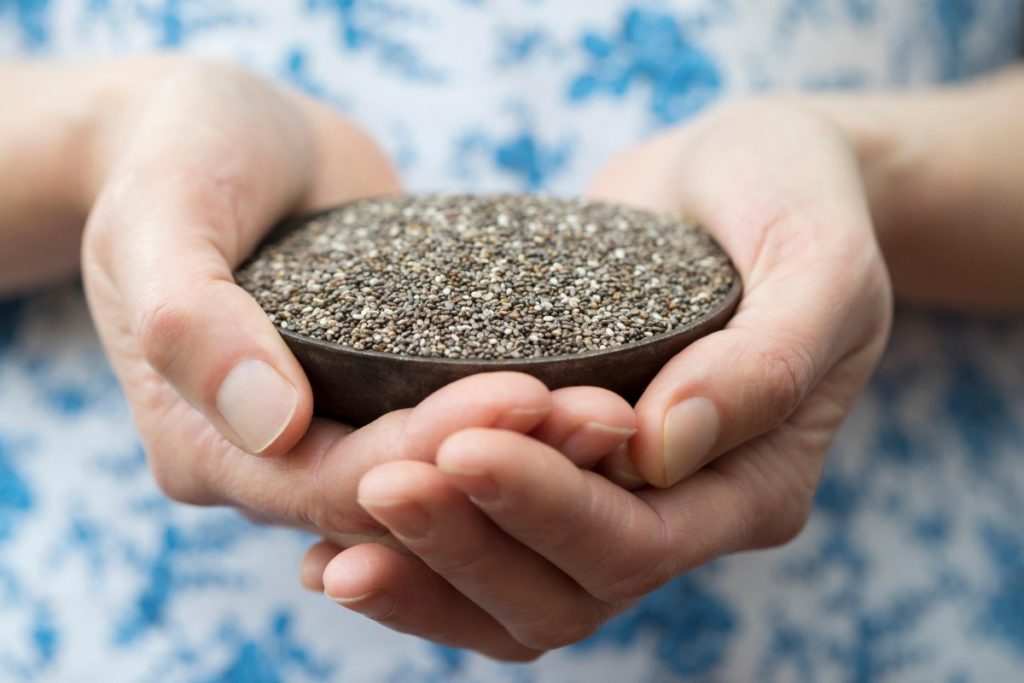
Why are they good for us? Chia seeds are exceptionally high in protein, healthy fats and fiber, and they are low in calories, as they contain no sugar. According to studies, the special power of chia seeds is combating high cholesterol and diabetes, as it helps to maintain low blood pressure and cholesterol levels.
6. Green Vegetables
There’s a reason why Popeye’s magic muscle-boost was spinach, and why your parent insisted you eat your broccoli – green vegetables are incredibly healthy for you! Green vegetables of all kinda are high in antioxidants, minerals, fiber – pretty much everything that is good for us – you can find in green vegetables. Pretty amazing, huh?
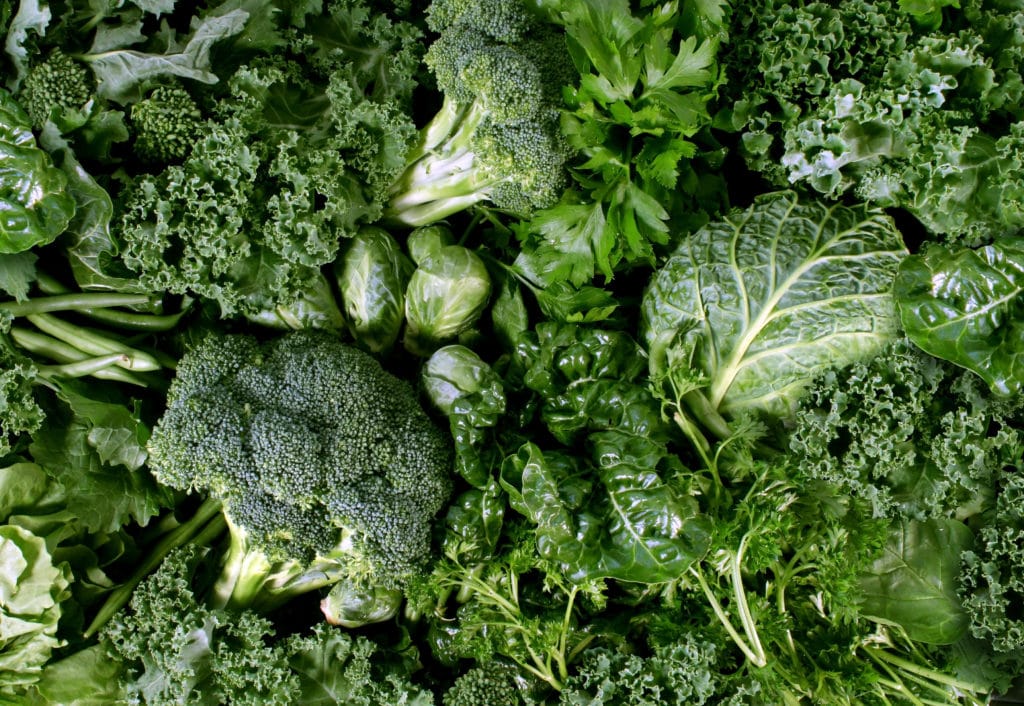
Eating green vegetables regularly can have plenty of health benefits; among other things, it improves our vision, it improves our metabolism and digestion, and it provides us with sun protection! That’s right, it has been said that green vegetables increase our body’s defenses again sun damage. That’s not to say you can throw way the sunscreen, but just make sure to integrate as many green vegetables to your diet as possible.
5. Strawberries
The special power of strawberries, as a winter fruit, is its high amount of water. The red fruit consists of 92% water, which makes it incredibly hydrating. It’s especially important during wintertime, when we forget to drink, since we don’t sweat as much and thus don’t feel thirsty as we do in the hot months of summer.
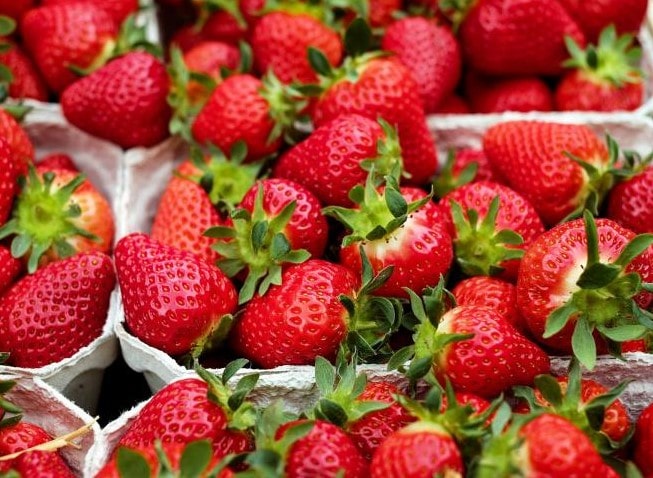
To maximize the fruit’s nutrients, it’s recommended to blend it to a smoothie with other fruits, since the blending process break down the fruit’s fiber and allows the water and other nutrients to better absorb in our bodies. We mentioned berries on the list, but strawberries deserved their own segment, since among the berries, they are highest in the water content, which makes them extra healthy during the winter.
4. Eggs
Another ingredient we all have in our kitchen is eggs, and you’d be surprised to learn the wonders it can do to your body! First off, eggs are extremely high in protein, with the full package of amino acids and selenium, which are important for us. Just as important, they are also rich in minerals and vitamins.
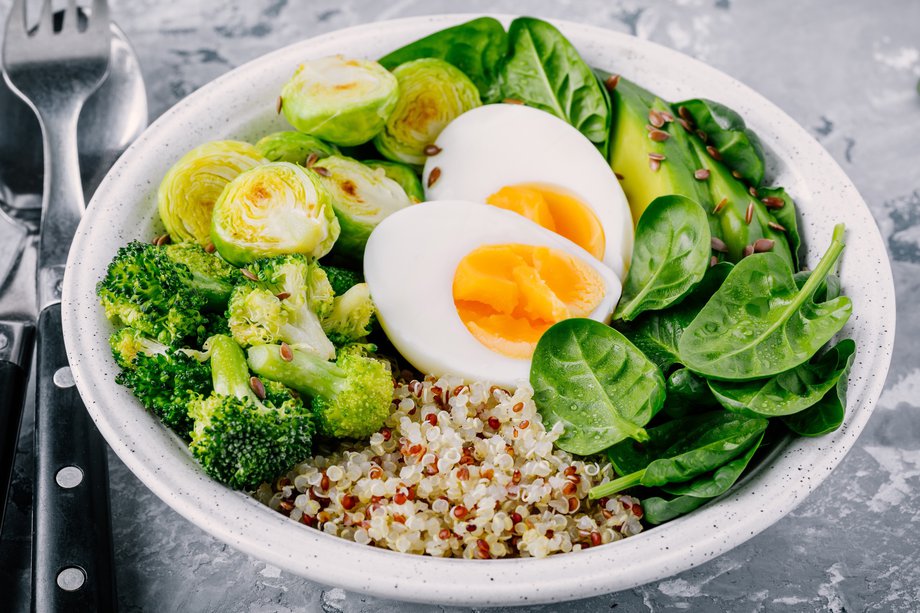
The best way to consume eggs, though, much like popcorn or anything else on this list, is in their natural form – without additives or too much salt. Accordingly, the best form of eggs is hard-boiled eggs, since they are not fried, and they are more satisfying to your body than any other kind of egg.
3. Yogurt
This might come as a surprise to you, but yogurt is an crucial ingredient in many different cuisines around the world – some people simply can’t live without it! And you should start eating yogurt to, if you haven’t until now. Yogurt contains the nutrients almost all dairy products do, such as calcium, magnesium and vitamins (B2 and B12 to be precise).
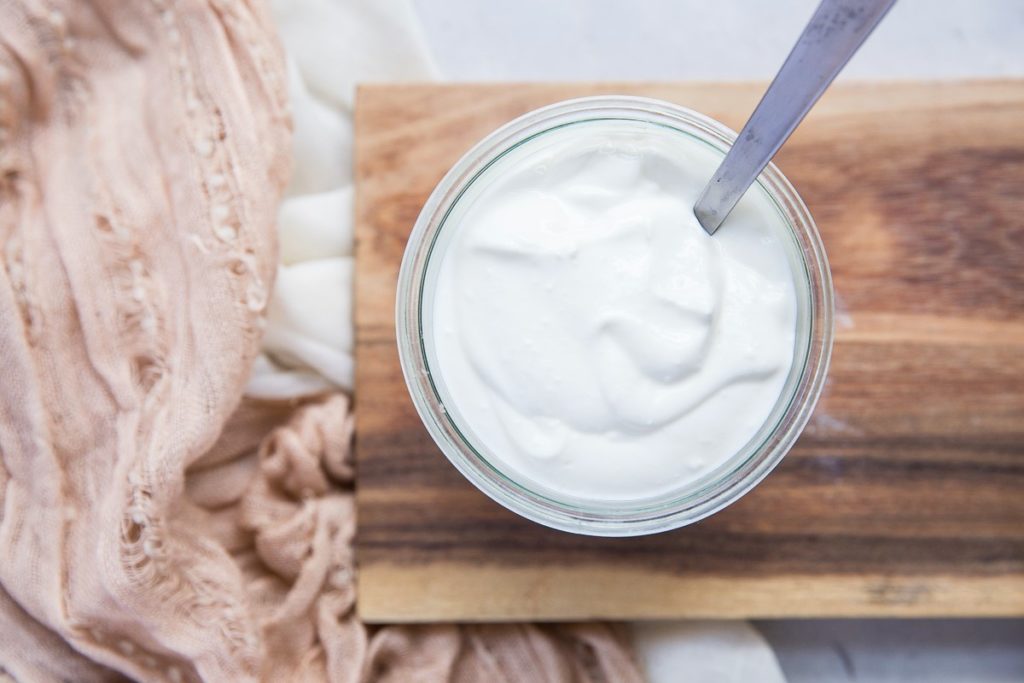
But yogurt is healthier than milk and other dairy products, including even cottage cheese; yogurt contains probiotics, which are healthy bacteria that are naturally present in our digestive system – these are crucial for strengthening our immune system and our bones.
2. Sweet potato
The better kind of potatoes, sweet potatoes are another example of healthy fats. They provide us with minerals, fiber and protein, and though they are rather high in carbs, they are still extremely nutritious. It is also said that anthocyanins found in purple sweet potato can protect us from suffering brain damage at old age.
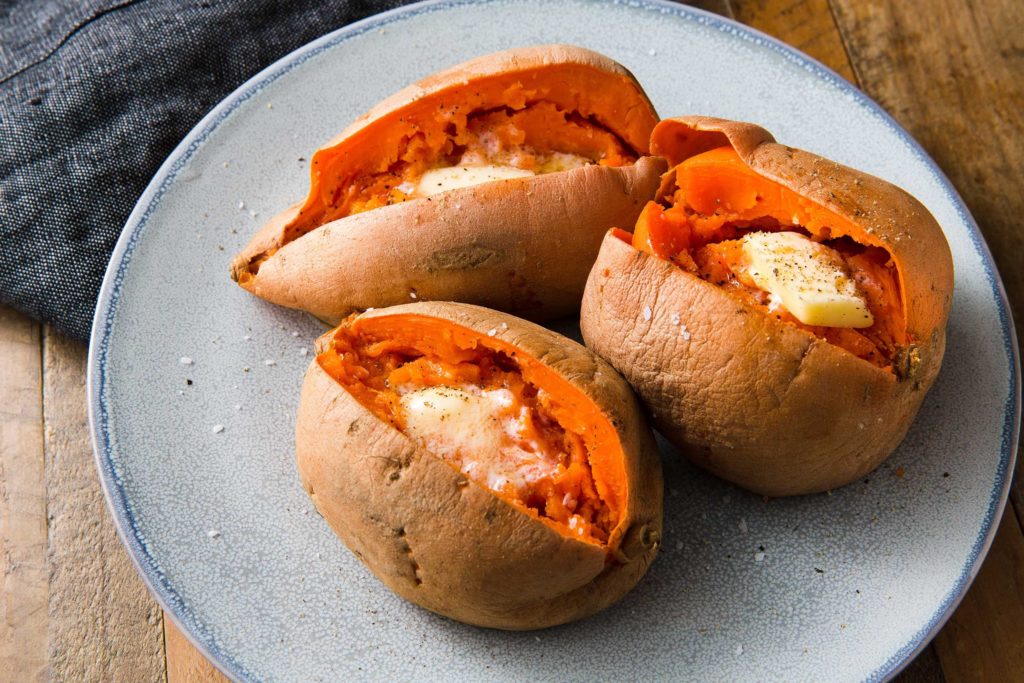
There are plenty of ways and variations of eating sweet potato; the most common are sweet potato chips, baked or fried – it’s delicious both ways, mashed sweet potatoes, and adding baked sweet potato as a side dish to almost every meal is possible (well, perhaps not breakfast).
1. Chicken
Last but not least is chicken, because we don’t want the eternal carnivores feeling left out. Lean meat of any kind, such as chicken, is also healthier than most of us know. Chicken is very rich in protein, and so it’s the main source of protein for most people around the world (not counting vegetarians). We mentioned protein as an important nutrient in all the foods on the list, but why is it so good for us? Protein helps to strengthener and maintain our muscles, that’s why athletes regularly consume it after a workout.
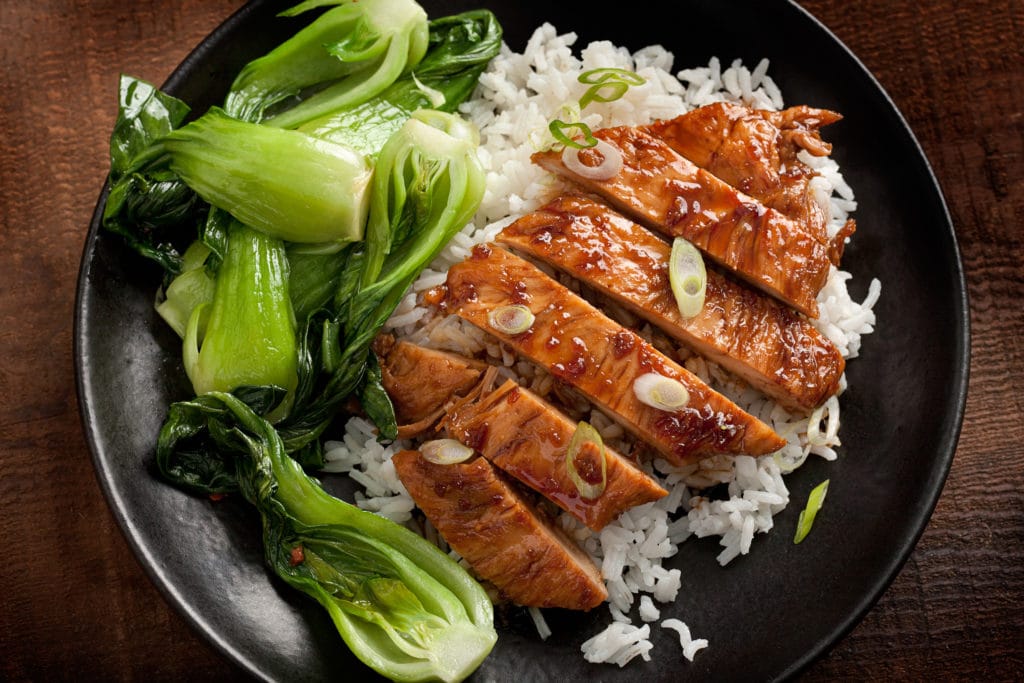
Chicken is also a great source of minerals that play an important role in protecting our bones. Last but not least, chicken improves our immune system, and so much like orange juice, drinking chicken soup when you’re feeling under the weather is not an old grandma tale – it is scientifically based that it can boost our immune system.

What Food Should I Eat to Lose Weight
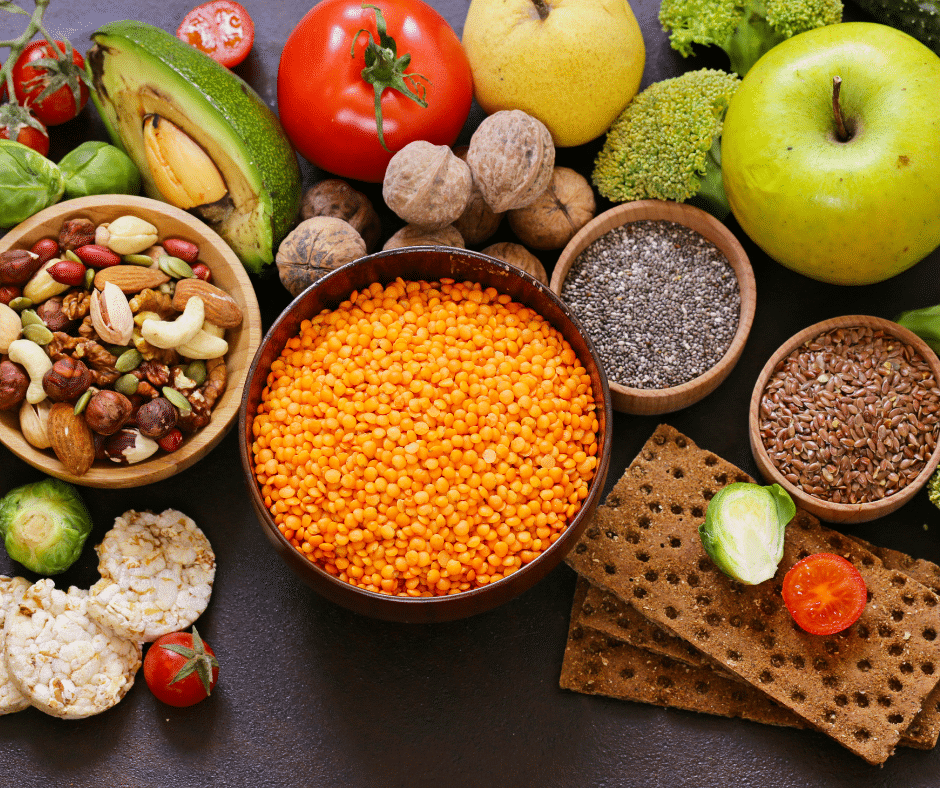
The Pros and Cons of Vegetarian Diet
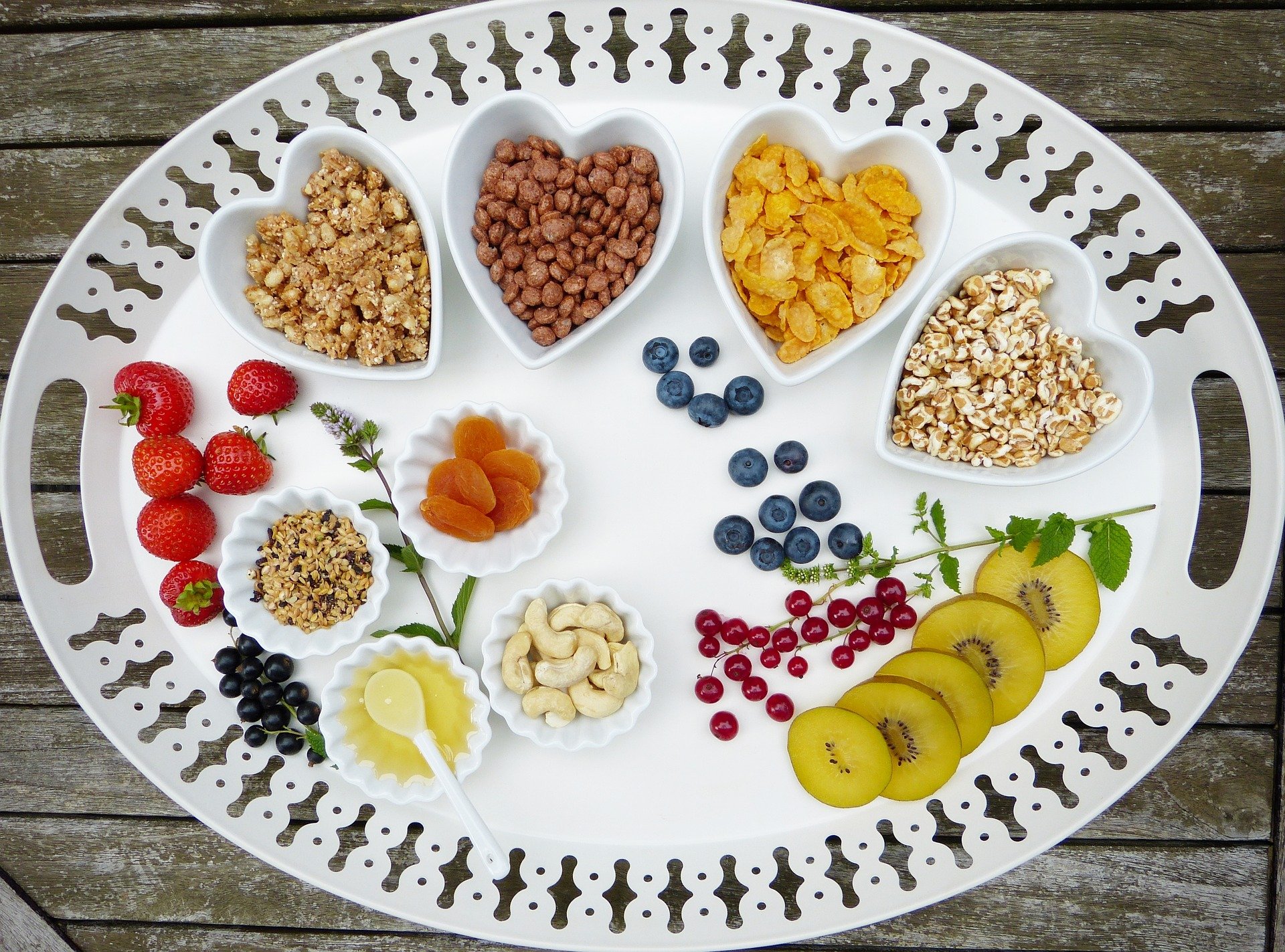
Most Popular Ways to do a Low-Carb Diet
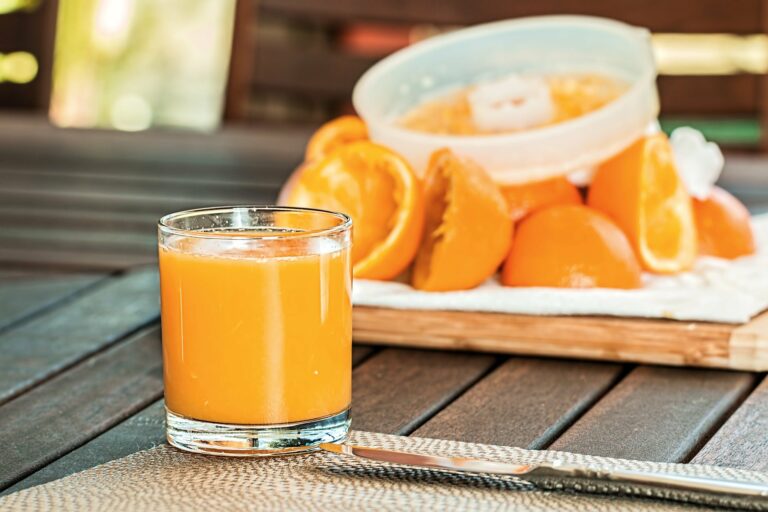
The Most Popular Drinks around the World
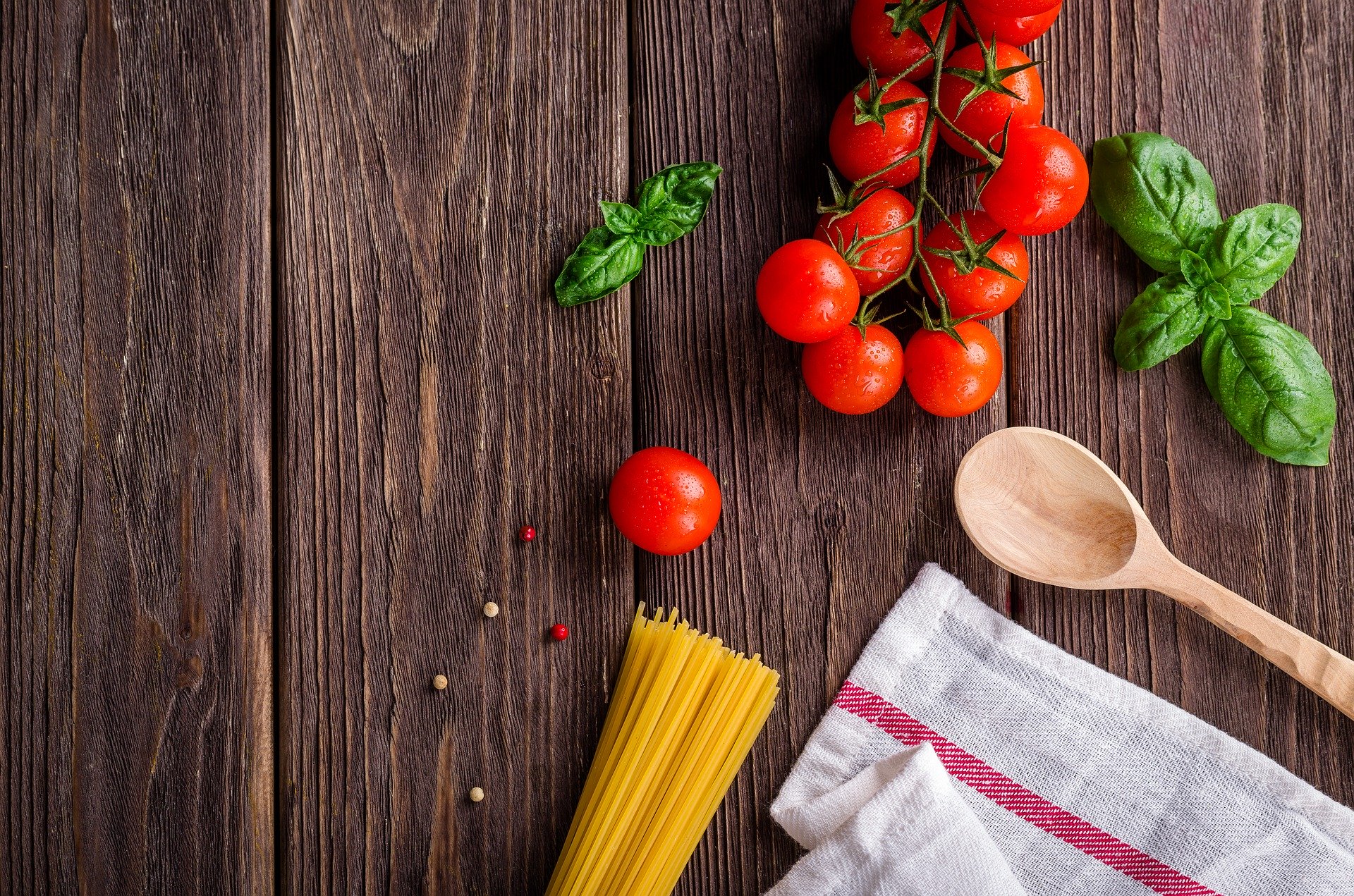
The Top 5 Food And Cooking Shows On Netflix
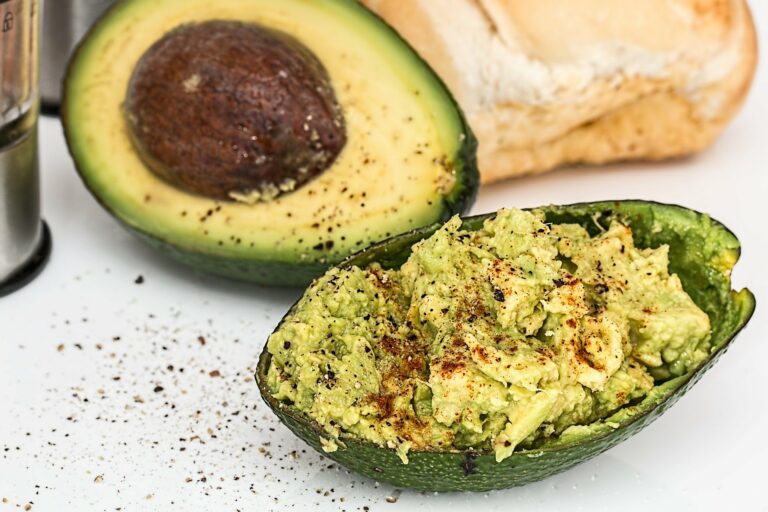
Healthy High Fat Foods that Keep you Full And Satisfied

Why Do We Often Lose Our Appetite During the Summer? Here Are the Answers

7 Foods to Avoid Before Bed If You Want a Good Night’s Sleep
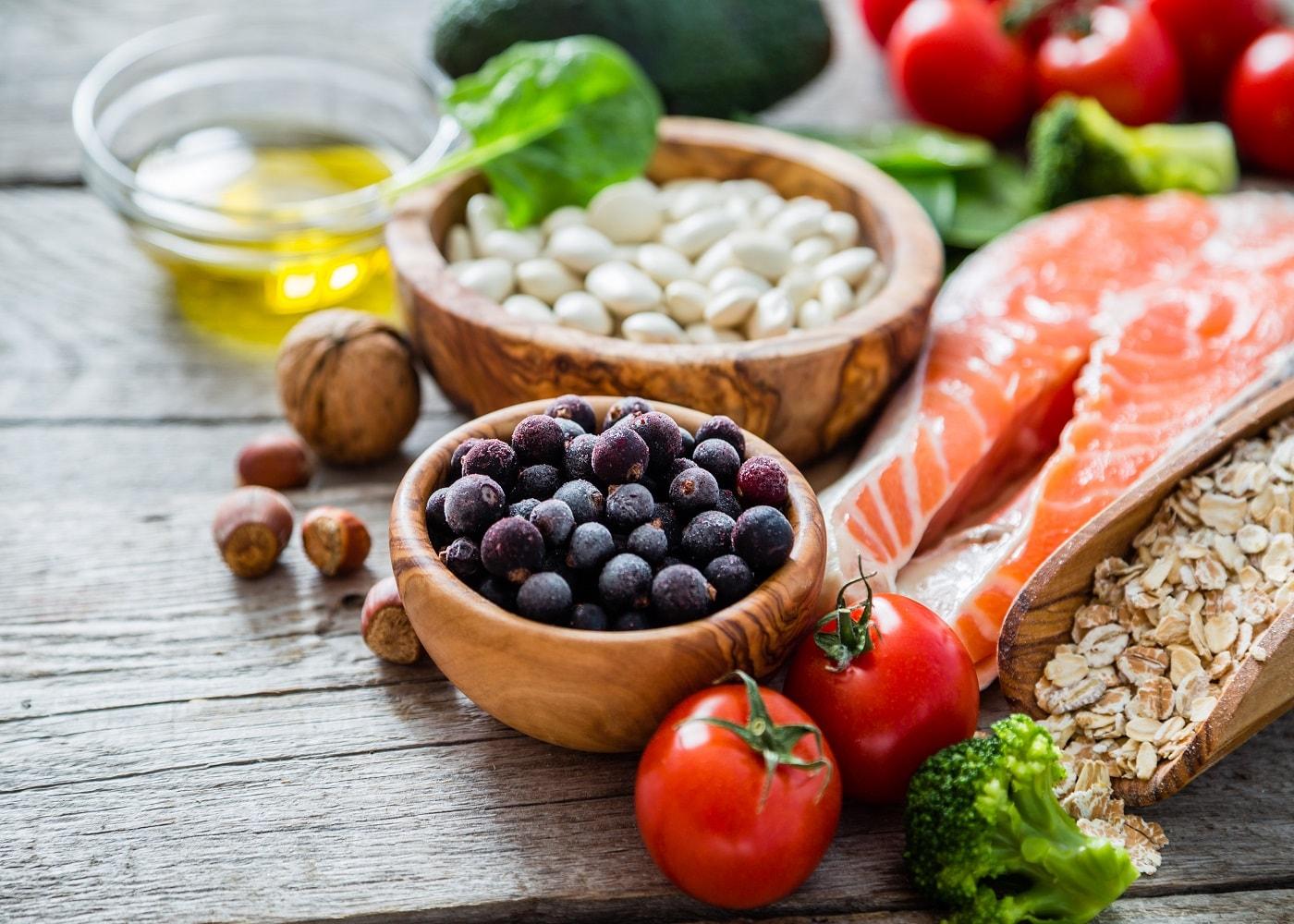
Healthy Food Prescriptions to Replace Medication

Tasty Foods You Can Eat Lots Of Without Gaining Fat






















